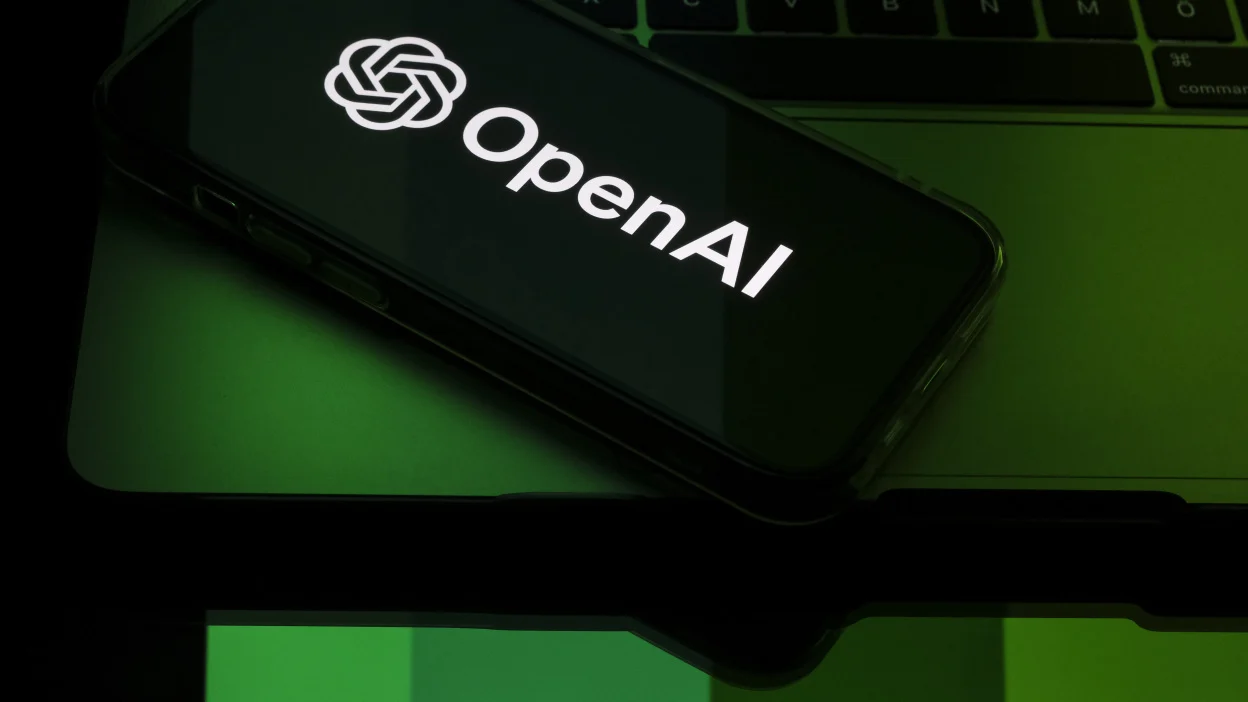OpenAI Advocates for a Global Ban on Chinese AI Models
OpenAI has formally urged the U.S. government to enforce a global ban on AI models developed by Chinese companies, including DeepSeek. The company argues that these AI models pose a threat to national security, data privacy, and intellectual property. This move highlights the increasing geopolitical tensions in the race for AI dominance.
Security and Privacy Concerns
According to OpenAI, Chinese AI models like DeepSeek are state-subsidized and state-controlled, raising fears that they could be exploited for data collection, surveillance, and cyber espionage. The company warns that allowing such models to proliferate globally may compromise user data security and intellectual property rights. (TechCrunch)
Proposed U.S. Measures Against Chinese AI
OpenAI has outlined specific recommendations for the U.S. government to curb China’s AI influence, including:
- Export controls on advanced AI technologies to prevent access by Chinese firms
- Restrictions on the use of Chinese AI models in government and critical infrastructure
- International collaboration with allies to limit China’s AI expansion
The call for restrictions aligns with existing concerns in Washington about China’s rapid advancements in artificial intelligence, which some experts believe could challenge U.S. leadership in the field. (TechCrunch)
China’s Growing Influence in AI
China has been making significant strides in AI development, with its government allocating billions in subsidies and centralized resources to boost its AI sector. Many industry leaders recognize China as a major competitor in AI innovation, with breakthroughs in large language models, computer vision, and automation.
However, OpenAI and other U.S.-based AI firms argue that China’s government-backed AI models lack transparency, potentially making them tools for state surveillance and cyber warfare. (The Verge)
Impact on the Global AI Landscape
If OpenAI’s proposed ban gains traction, it could have far-reaching consequences, including:
- Stronger AI trade barriers between the U.S. and China
- Limited access to Chinese AI tools in Western markets
- Heightened competition in AI development between global tech giants
This move also highlights the growing intersection of AI, politics, and cybersecurity, with major powers vying for dominance in artificial intelligence.
What’s Next?
While the U.S. government has yet to respond to OpenAI’s proposal, the request reflects broader tensions over AI ethics and security. Industry experts anticipate further debates on global AI regulations, as nations and companies struggle to balance innovation with security concerns.

